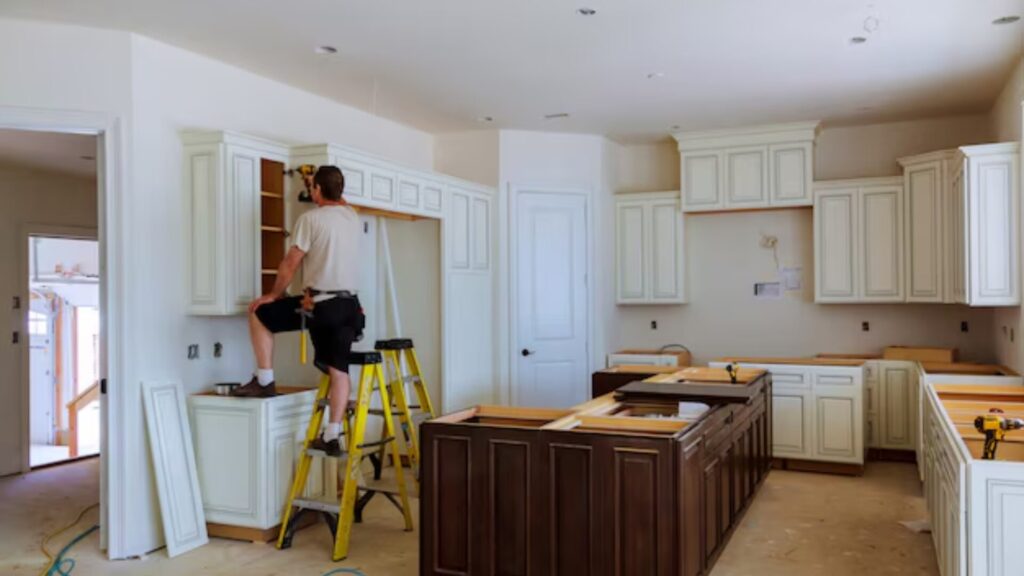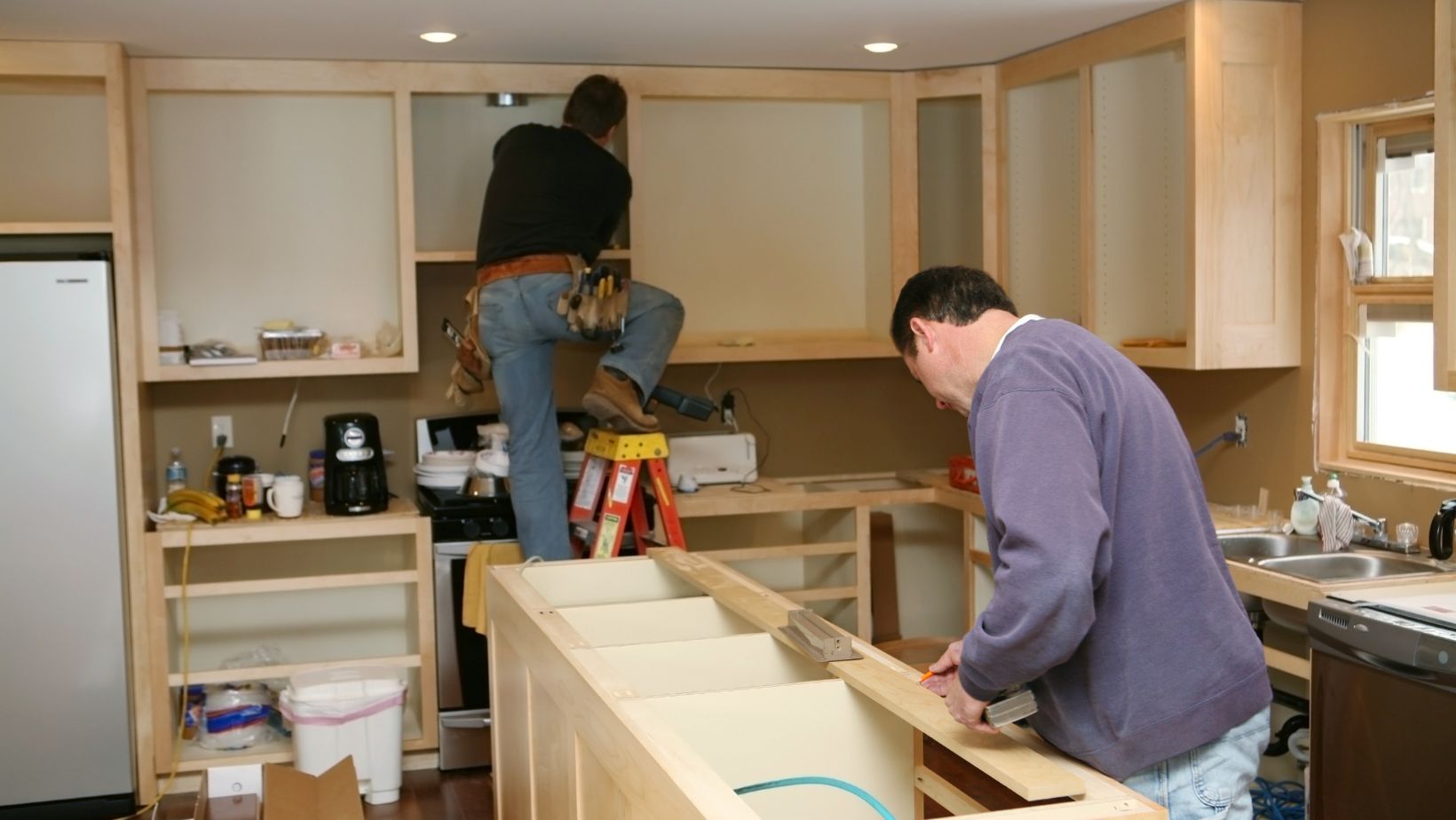
Thinking about giving your kitchen a makeover in your Santa Barbara home? Maybe new cabinets, better lighting, or even moving your stove?
Before you jump into the exciting part, there’s a key step many people overlook – permits.
Getting a permit might seem like extra work, but it helps keep your project safe, legal, and up to the city standards. Many homeowners aren’t sure when a permit is required or how to get one.
The good news is that with the right information and possibly the help of a Santa Barbara Contractor, the process can be simpler and clearer.
So, here in this guide, you’ll find the answers to common permit questions and learn what steps to take for a smooth kitchen remodel.
When Do You Need a Permit to Remodel Your Kitchen?
Not all kitchen updates require a permit. Small cosmetic changes like painting or replacing countertops usually don’t need approval. But permits become necessary if your project involves altering the structure, plumbing, or electrical systems.
Here’s a quick guide from Kellow Construction kitchen design professionals to help you decide if your remodel needs a permit:
| Needs a Permit | Usually Don’t Need a Permit |
| Removing or moving walls | Painting walls or cabinets |
| Installing or charging plumbing or gas lines | Replacing countertops in the same location. |
| Upgrading or adding electrical wiring | Swapping appliances without new wiring |
| Changing ventilation or installing vents | Replacing light fixtures without wiring changes |
| Note – Structural, plumbing, or electrical changes almost always require a permit. |
How to Get a Permit for Your Kitchen Remodel in Santa Barbara?
Here’s how to keep things legal and smooth when starting your kitchen remodel:
1. Plan Your Project
Draw up your renovation ideas. Be detailed, especially about anything structural, electrical, or plumbing.
2. Hire a Licensed Contractor
A local Santa Barbara contractor will likely know what’s allowed and can help handle paperwork.
3. Submit Plans for Approval
Go to the City of Santa Barbara’s Community Development office or submit online. They will review your plans for code compliance.
4. Schedule Inspections
City inspectors check progress during and after the remodel. This makes sure everything meets safety standards.
5. Finish and Get Final Approval
Once your work passes inspection, your remodel is officially approved!
Why Skipping Permits Can Cost You More?
Avoiding permits to save time or money may seem tempting, but it can backfire badly. Here’s why:
➤ Fines & Stop Orders
➤ Problems When Selling
➤ Insurance Issues
➤ Redo Costs
How a Santa Barbara Contractor Makes It Easier?
Hiring a licensed Santa Barbara contractor makes the permit process much easier. Contractors understand local building codes and can:
- Create detailed plans for permit approval.
- Submit and follow up on your permit application.s
- Coordinate inspections during the project.
- Ensure your remodel meets all Santa Barbara city rules.
| Tip – Verify your contractor’s license and experience with permits before hiring. |
What Makes Getting a Permit Worthwhile?
Although it may feel like extra work, obtaining a permit offers many benefits:
- Ensuring your remodel is safe and built to code.
- Increase your home’s value and make it easier to sell.
- Avoids any kind of future legal problems or fines.
- Keep your home insurance valid in case of future claims.
Helpful Tips for a Smooth Kitchen Remodel
- Make sure to know the areas of your project that must have permits in advance.
- Most advisable to work with a recognized, certified local contractor.
- Organize all your important documents and note the dates of inspections.
- As you go through the process, it helps to speak with the inspectors and contractors.
- Take your time and apply the rules that keep you from running into issues.
The Bottom Line
Yes! Your project probably needs a permit if it includes updates to the plumbing, electrical, or layout. The city wants to check that every construction complies with its standards.
Having a local Santa Barbara contractor on your project means you don’t miss the key points. They will complete the paperwork, have discussions with city officials, and ensure your kitchen matches all rules, so you don’t need to worry.













